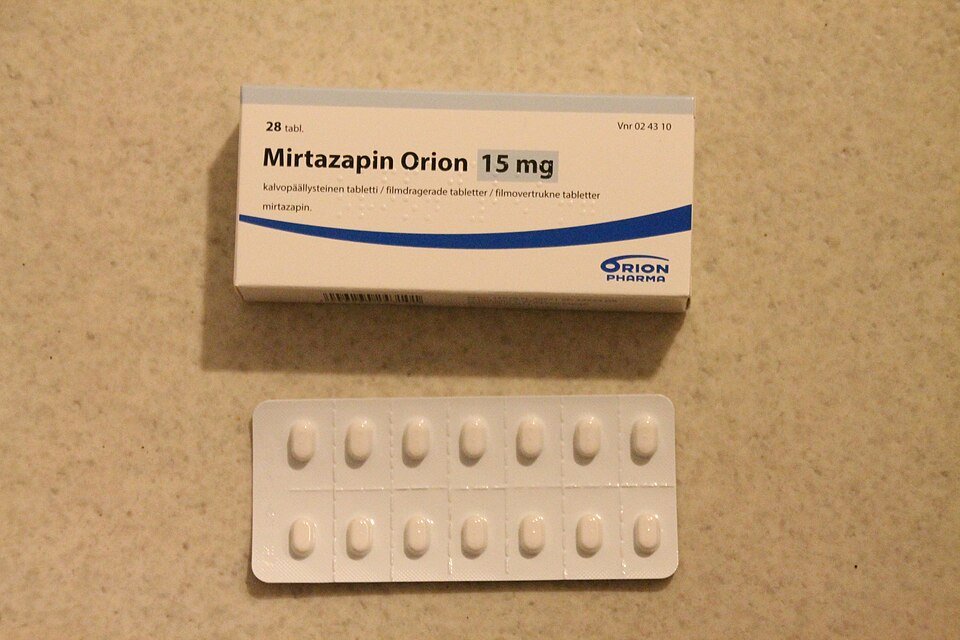aThe FAA has to give better reasons for denying a former airline pilot a medical for taking an unapproved anti-depressant drug. In a decision released June 27 by three judges of U.S. Court of Appeals for the District of Columbia Circuit’s, the agency was told to provide more solid rationale for its categorical ban on the drug mirtazapine. Michael Solondz was put on Lexapro for anxiety in 2018 after going through a rough patch with the death of his father. That drug is on the FAA’s list of conditionally-approved anti-depressants but it caused unwanted side effects for Solondz. His doctor switched him to mirtazapine and it effectively treated the anxiety without the side effects. But mirtazapine is not on the FAA’s list of conditionally approved antidepressants and it has blocked Solondz from restoring his medical. The judges stopped short of telling the FAA to approve the medical but they want a better explanation of why the drug that doesn’t work for Solondz is approved and the one that does work for him can’t be.
The judges noted that even if Lexapro worked for Solondz, there was no guarantee he would have gotten his flying privileges back. Pilots must go on the conditionally approved drugs for six months to find out if they, like Solondz, experience side effects. The judges appear to believe that the same consideration should be given the drug that ended up working for Solondz. “The Administration makes case-by-case medical decisions regarding the fitness to fly of anyone taking a conditionally approved medication, but it will not consider whether Solondz or any other individual pilot taking mirtazapine is free of side effects and can fly safely,” the judges said. “The agency has failed to explain why it categorically disallows medical certification to all pilots who take the medication that Solondz was prescribed and finds beneficial, rather than permitting conditional approvals if merited under the agency’s robust medical clearance process.” They remanded the FAA’s denial until it comes up with that explanation.
AOPA says the case may have implications for others battling the FAA to regain their certificates after being successfully treated for mental illness. The perception among pilots is that any admission of mental health issues will result in their tickets being pulled so many continue to fly without treatment. The agency is working on expanding access to treatment for pilots without compromising safety that will include a way for pilots to disclose their mental health issues without necessarily jeopardizing their certification and livelihood. Congress is also working on a bill that would expand the list of potentially allowable drugs. It’s not clear if mirtazapine is on that list.
Source link
[aviation news]
Share this content:

